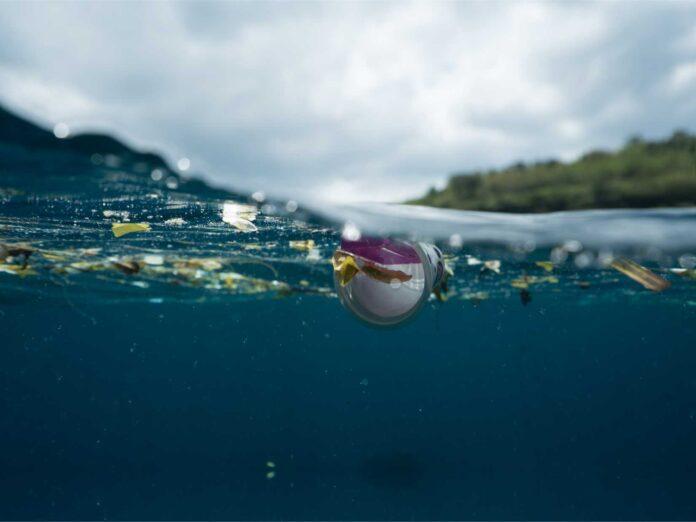Marine pollution is a significant environmental problem in India, with the country being home to one of the largest coastlines in the world. The Indian Ocean is a vital resource for the country’s economy and sustenance, providing fish and seafood, tourism, and shipping lanes. However, the ocean is under threat from various forms of pollution, including plastic waste, sewage, oil spills, and industrial effluents. In this article, we will discuss the causes of marine pollution in India and the solutions for a cleaner ocean.
Causes of Marine Pollution in India
Plastic Pollution: The excessive use of plastic products, coupled with inadequate waste management systems, has led to the accumulation of plastic waste in the ocean. India is one of the largest producers of plastic waste globally, with an estimated 26,000 tons of plastic waste generated daily.
Sewage Discharge: Most coastal cities in India discharge untreated sewage into the ocean, leading to the contamination of water and marine life. The lack of sewage treatment plants and poor sanitation infrastructure exacerbates the problem.
Oil Spills: India is a hub for oil and gas exploration and transportation, leading to the risk of oil spills. Oil spills not only harm marine life but also impact fishing and tourism industries.
Industrial Effluents: The discharge of industrial effluents, including heavy metals and chemicals, into the ocean, poses a significant threat to marine life and water quality.
Solutions for a Cleaner Ocean
Reduce Plastic Use: The government and private sector need to work together to reduce plastic use by promoting alternatives, such as biodegradable products, and implementing effective waste management systems.
Improved Sewage Treatment: The construction of sewage treatment plants, coupled with the promotion of proper sanitation infrastructure, can significantly reduce sewage discharge into the ocean.
Strengthening Environmental Regulations: Stringent environmental regulations must be put in place to prevent industrial effluent discharge into the ocean.
Oil Spill Response Plans: The development of effective oil spill response plans can mitigate the impact of oil spills on the environment.
Awareness and Education: The promotion of awareness and education campaigns can help in sensitizing the public about the importance of marine conservation and ways to reduce pollution.
Marine pollution is a severe environmental problem in India, which requires immediate attention and action. The implementation of solutions, such as reducing plastic use, improved sewage treatment, and strengthening environmental regulations, can help in mitigating the impact of marine pollution. A cleaner ocean is not only essential for the sustainability of marine life but also for the country’s economy and well-being. It is essential to recognize the importance of the ocean and take steps towards preserving it for future generations.


